How To Increase Dopamine?
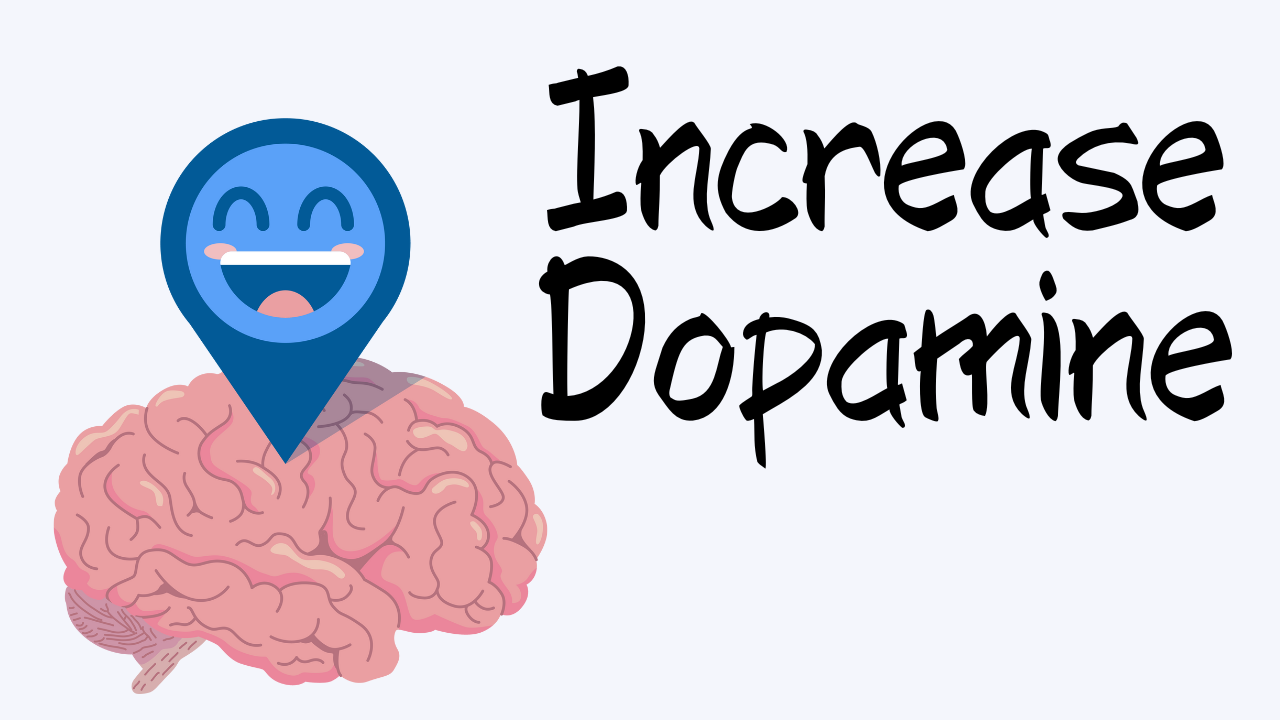
Dopamine is crucial for optimal physical and mental health. This neurotransmitter influences cognition, motivation, movement, mood, and learning. When balanced properly, dopamine provides feelings of reward leading to reinforced beneficial behaviors. However, dopamine deficiencies are linked to issues like depression, anxiety, addiction, poor focus, and lack of drive.
The good news is dopamine levels can be enhanced through natural lifestyle measures like strategic nutrition, physical activity, stress relief, and other holistic steps. This science-backed guide explains practical ways to increase dopamine safely without medication.
What is Dopamine and how it affects the brain
Dopamine is a crucial neurotransmitter that plays a significant role in the brain's reward and pleasure center. It acts as a chemical messenger, allowing nerve cells to communicate with each other. When dopamine is released in the brain, it binds to specific receptors and triggers feelings of pleasure, satisfaction, and motivation.
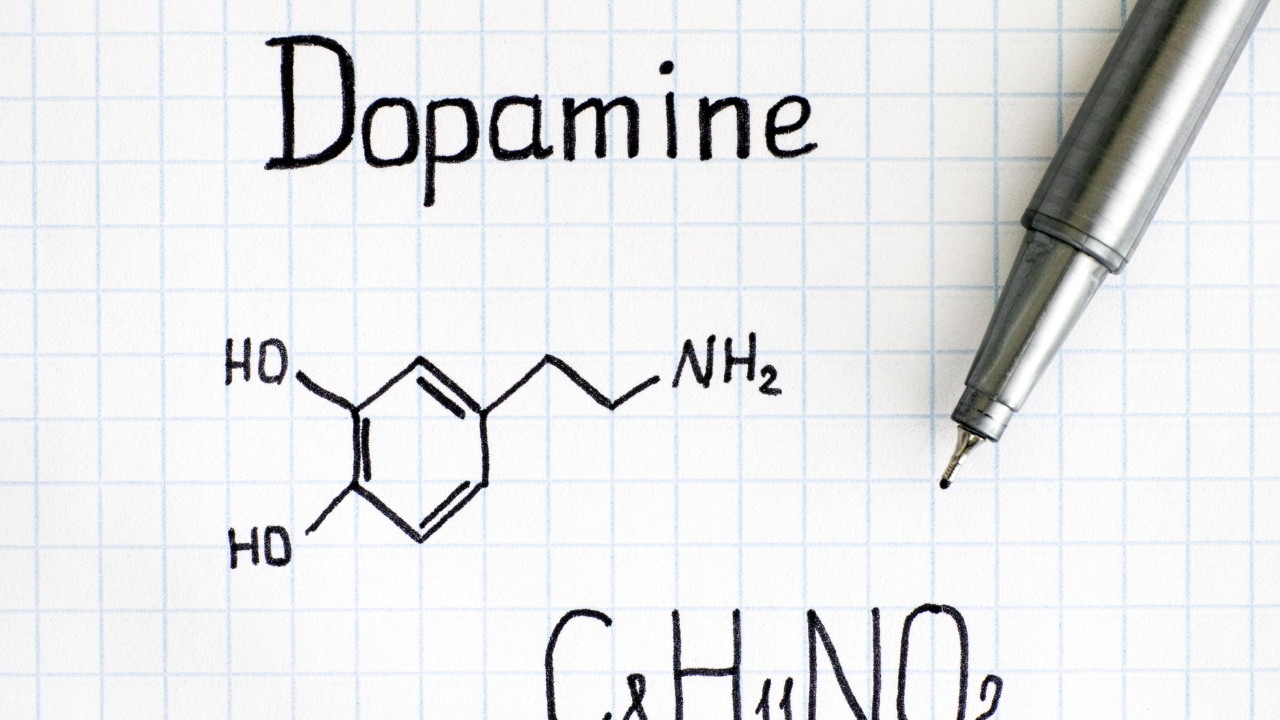
Dopamine affects various brain functions, including mood regulation, learning, memory, concentration, and movement control. It helps to motivate and reward behavior, making us feel good when we achieve something or engage in enjoyable activities. Imbalances in dopamine levels can have a profound impact on mental health and overall well-being. Low dopamine levels have been linked to depression, lack of motivation, and difficulty focusing, while excessive dopamine activity is associated with addiction and impulsive behaviors.
Understanding the role of dopamine in the brain can help us take proactive steps to optimize our dopamine levels and promote mental wellness.
Importance of Dopamine in mental health and well-being
Dopamine plays a crucial role in maintaining optimal mental health and overall well-being. It is often referred to as the "feel-good chemical" because of its ability to create a sense of pleasure and reward. Adequate dopamine levels are essential for regulating mood, motivation, and focus.
When dopamine levels are balanced, you are more likely to experience feelings of happiness, satisfaction, and fulfillment. Low dopamine levels have been associated with depression, lack of motivation, and difficulty concentrating, while excessive dopamine activity can lead to impulsivity and addictive behaviors. By understanding the importance of dopamine in mental health, you can take proactive steps to optimize your dopamine levels, leading to improved emotional well-being and a greater sense of contentment.
Healthy Habits to Boost Dopamine Levels
To naturally increase your dopamine levels, there are several healthy habits you can incorporate into your daily routine. Regular exercise is one of the most effective ways to boost dopamine production. Engaging in activities like walking, jogging, or dancing releases dopamine and promotes a sense of well-being. Additionally, paying attention to your nutrition can have a significant impact on dopamine levels. Foods rich in tyrosine, such as lean proteins, eggs, and almonds, can support dopamine synthesis. Including probiotics in your diet, either through supplements or fermented foods, can improve gut health and enhance dopamine production.

Lastly, getting plenty of sunlight and ensuring adequate vitamin D levels can also help maintain healthy dopamine levels. By adopting these habits, you can naturally boost dopamine and support your overall mental well-being.
Exercise and its impact on dopamine levels
Regular exercise has a significant impact on dopamine levels in your brain. Engaging in physical activity, whether it's aerobic workouts or strength training sessions, has been shown in several studies to stimulate dopamine release. When you exercise, your brain releases chemicals like endorphins and dopamine, which are responsible for feelings of pleasure and reward. This release of dopamine not only boosts your mood and motivation but also helps improve focus and cognitive function.
Additionally, exercise promotes the flow of blood and oxygen throughout the brain, optimizing dopamine production and supporting overall brain health. Incorporating regular exercise into your routine is a powerful way to naturally boost dopamine levels and enhance your mental well-being.
Nutrition and dietary choices that influence dopamine production
To support dopamine production, it's important to make nutritious dietary choices. Start by incorporating foods that contain precursor amino acids, such as tyrosine and phenylalanine, into your meals. These amino acids are essential for dopamine synthesis. Good sources of tyrosine include lean meats, poultry, eggs, and dairy products. For phenylalanine, consider foods like tofu, soybeans, nuts, and seeds.
In addition to amino acids, certain vitamins and minerals play a role in dopamine synthesis. Include foods rich in vitamin B6, folate, magnesium, and zinc, such as whole grains, leafy greens, legumes, and nuts. Antioxidants, found in colorful fruits and vegetables, can also support the brain's dopamine production.
It's important to note that a well-rounded diet is key to overall brain health and dopamine regulation. Always consult with a healthcare professional or registered dietitian to personalize your dietary choices and ensure optimal dopamine production.
Activities and Hobbies that Increase Dopamine
Engaging in certain activities and hobbies can boost dopamine levels naturally. One way to increase dopamine is by pursuing creative hobbies like painting, writing, or playing a musical instrument. These activities stimulate the brain's reward system and promote a sense of accomplishment, leading to an increase in dopamine release.
Another way to boost dopamine is by exploring nature and participating in outdoor activities. Spending time in nature, whether it's hiking, gardening, or simply taking a walk, has been shown to elevate dopamine levels and improve overall well-being.
By incorporating these activities and hobbies into your routine, you can increase dopamine production and enhance your mood and motivation. Remember to choose activities that you enjoy and that bring you a sense of fulfillment.
Engaging in creative pursuits and its effect on dopamine
Engaging in creative pursuits, such as painting, writing, or playing an instrument, can have a significant effect on dopamine levels. When you participate in these activities, your brain's reward system is stimulated, leading to an increase in dopamine release. This boost in dopamine can result in feelings of pleasure, motivation, and a sense of accomplishment.
Creative hobbies provide an outlet for self-expression and allow you to tap into your imagination. They can help reduce stress and promote mindfulness, which further enhances the positive effects on dopamine levels. Whether you are an experienced artist or a beginner, taking time to engage in creative pursuits can not only be enjoyable but also contribute to overall well-being. So, pick up that paintbrush or pen, let your creativity flow, and experience the dopamine-boosting benefits firsthand.
Exploring Nature and Outdoor Activities for Boosting Dopamine
Exploring nature and engaging in outdoor activities can be highly beneficial for boosting dopamine levels. Spending time in natural environments has been shown to have a positive impact on mood, motivation, and overall well-being. When you immerse yourself in nature, whether it's taking a walk in the park, going for a hike, or even just sitting by a lake, you are exposing yourself to fresh air, sunlight, and the calming sounds of nature.

These experiences stimulate the release of dopamine in the brain, promoting feelings of pleasure and relaxation. Outdoor activities also provide opportunities for physical exercise, which further enhances dopamine production. So, make it a habit to prioritize outdoor time and reap the rewards of increased dopamine levels and enhanced mental health.
Managing Stress and Dopamine Regulation
To maintain healthy dopamine levels, it's crucial to effectively manage stress. Chronic stress can deplete dopamine levels, leading to symptoms of depression, fatigue, and lack of motivation. Implementing stress reduction techniques can help regulate dopamine production and promote overall well-being. Some effective strategies include practicing mindfulness and meditation, engaging in regular exercise, getting enough restful sleep, and cultivating strong social connections.

Additionally, incorporating relaxation techniques such as deep breathing exercises, yoga, or taking a warm bath can help reduce stress and boost dopamine release. It's important to find what works best for you and prioritize self-care to effectively manage stress and support healthy dopamine regulation.
Stress Management Techniques to Prevent Dopamine Depletion
To prevent dopamine depletion caused by stress, it's important to incorporate effective stress management techniques into your daily routine. First, practice mindfulness and meditation to help calm your mind and reduce stress levels. Engaging in regular exercise, such as yoga or aerobic activities, can also boost dopamine levels and promote overall mental well-being.
Additionally, prioritize getting enough restful sleep, as lack of sleep can contribute to stress and dopamine depletion. Building strong social connections and maintaining healthy relationships can provide emotional support and help alleviate stress. Lastly, don't forget to take breaks and engage in activities you enjoy to reduce stress and keep your dopamine levels balanced.
The Link Between Relaxation and Dopamine Regulation
Relaxation plays a crucial role in regulating dopamine levels in your brain. When you engage in activities that promote relaxation, such as deep breathing exercises, meditation, or taking a warm bath, it triggers the release of dopamine. This neurotransmitter helps you feel calm and content by reducing stress and anxiety.
Additionally, relaxation techniques stimulate the parasympathetic nervous system, which is responsible for promoting rest and relaxation. By activating this system, dopamine production is increased, promoting a sense of well-being. Regularly incorporating relaxation techniques into your routine can help maintain a healthy balance of dopamine levels, leading to improved mood, reduced stress, and better overall mental health. So, take some time for yourself, unwind, and let your brain reap the benefits of relaxation.
Dopamine-Boosting Supplements and Medications
When it comes to boosting dopamine levels, certain supplements and medications can offer support. Here are some key options to consider:
- SNAP: This natural amino acid acts as a precursor to dopamine, helping increase its production in the brain.
- L-theanine: Another precursor to dopamine, L-theanine can enhance dopamine synthesis and promote a sense of relaxation and well-being.
- Vitamin D, B5, and B6: These vitamins play a crucial role in dopamine synthesis, so ensuring an adequate intake can support healthy dopamine levels.
- Omega-3 essential fatty acids: Studies have shown that omega-3s can enhance dopamine transmission and improve brain function.
- Magnesium: This essential mineral is involved in the synthesis and release of dopamine, making it an important nutrient for maintaining dopamine balance.
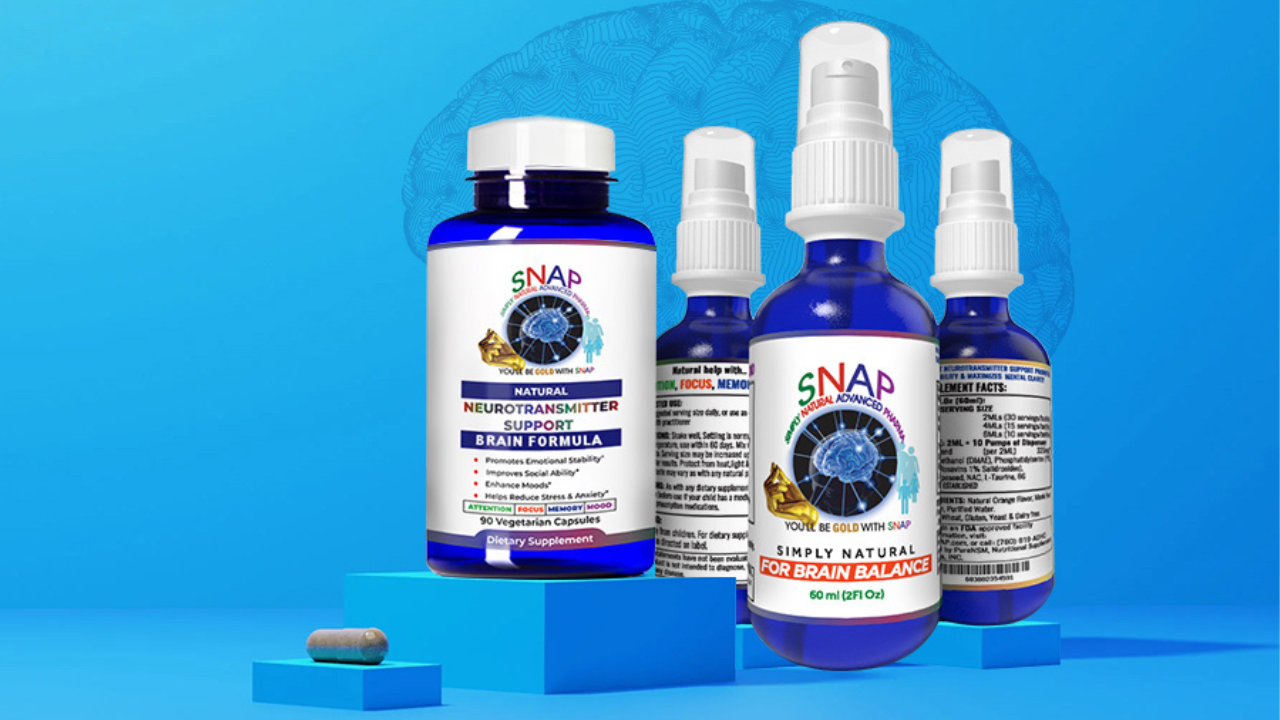
While these supplements can be helpful, it's important to consult with a healthcare professional before starting any new regimen, as they can provide personalized advice based on your unique needs and medical history.
Key Supplements and Medications to Boost Dopamine Levels
There are several supplements and medications that can support dopamine production and help boost levels in the brain. These include:
- Tyrosine: As a natural amino acid and precursor to dopamine, tyrosine can enhance dopamine synthesis and increase its availability.
- L-theanine: Another precursor to dopamine, L-theanine promotes relaxation and well-being while also supporting dopamine production.
- Vitamin D, B5, and B6: These vitamins play a crucial role in dopamine synthesis, so ensuring an adequate intake can help maintain healthy dopamine levels.
- Omega-3 Essential Fatty Acids: Studies have shown that omega-3s can enhance dopamine transmission and improve brain function.
- Magnesium: This essential mineral is involved in the synthesis and release of dopamine, making it important for maintaining dopamine balance.
It is important to consult with a healthcare professional before starting any new supplement or medication regimen to ensure safety and appropriate dosage.
Potential Risks and Side Effects of Using Dopamine-Boosting Substances
When it comes to using dopamine-boosting substances, it's important to be aware of the potential risks and side effects. While these substances may have beneficial effects on dopamine levels, they can also have negative consequences if not used properly.
One of the main risks is the potential for overstimulation of the dopamine system, which can lead to dependency and tolerance. This means that over time, higher doses may be needed to achieve the same effect. Additionally, excessive dopamine activity can result in symptoms such as agitation, anxiety, and even psychosis.
Moreover, some dopamine-boosting substances may interact with other medications, causing adverse effects or reducing their effectiveness. It's crucial to consult with a healthcare professional before starting any new supplement or medication regimen to ensure safety and proper dosage.
Remember, the key is to maintain a balanced approach and prioritize natural methods of boosting dopamine levels before considering any supplementation or medication.
Conclusion
Boosting dopamine levels is a key aspect of promoting mental well-being and motivation. By implementing the strategies discussed in this guide, you can actively increase dopamine production and release in your brain. Remember, it’s important to prioritize natural and sustainable methods such as regular exercise, a balanced diet, engaging in creative pursuits, and spending time in nature. These activities not only boost dopamine but also contribute to overall health and happiness. Additionally, managing stress and finding relaxation techniques that work for you will help regulate dopamine levels.
Take Charge of
Your Brain Health Today!
Shop Now!
Similar Articles:
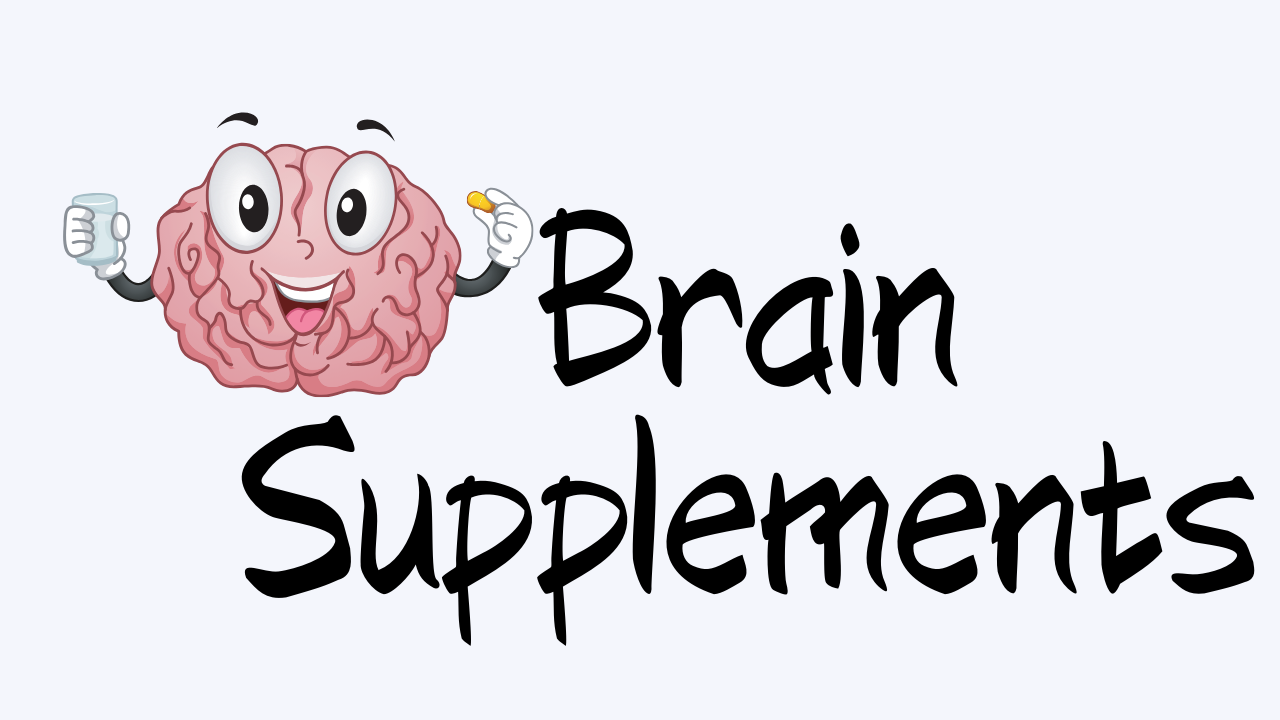
Brain Supplements - Do They Really Help?
In our fast-paced modern world, everyone seems to be seeking an edge when it comes to optimal brain performance
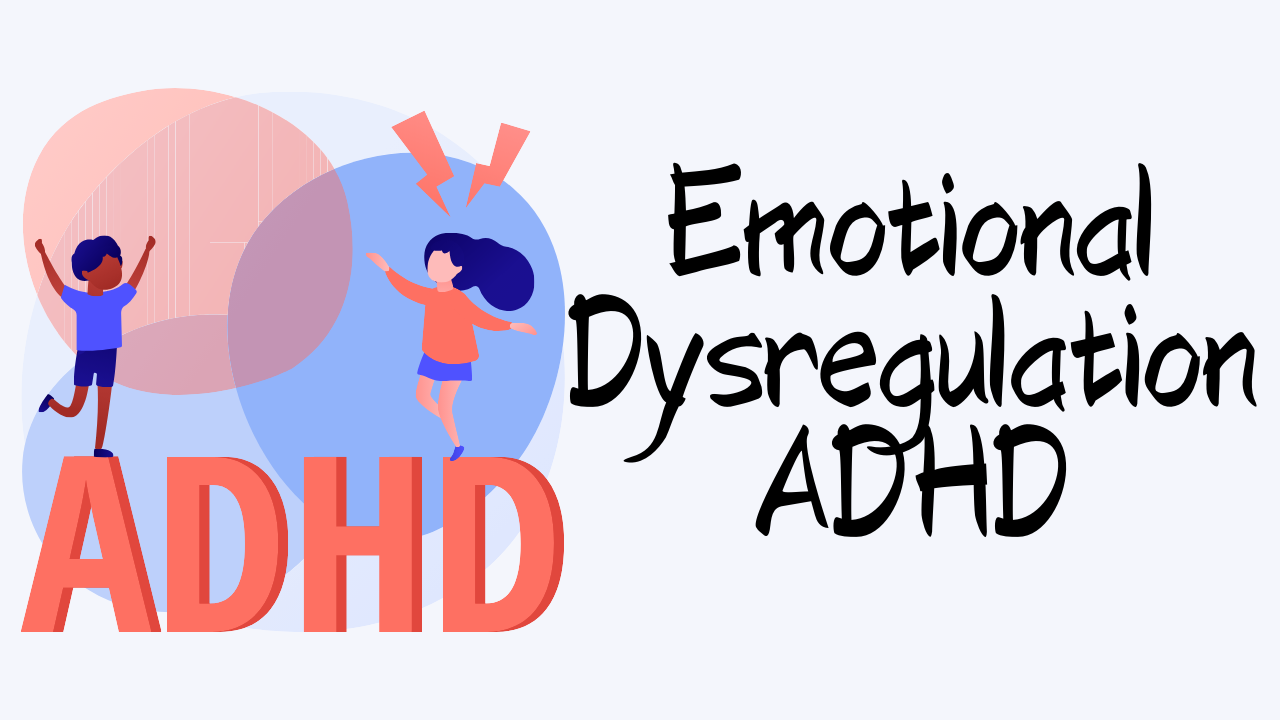
Emotional Dysregulation And ADHD - What You Should Know
Attention-deficit/hyperactivity disorder (ADHD) is a common neurodevelopmental.

Can Vitamins For Brain Health Really Help?
We explore the importance of brain health and delve into the various types of vitamins that play.